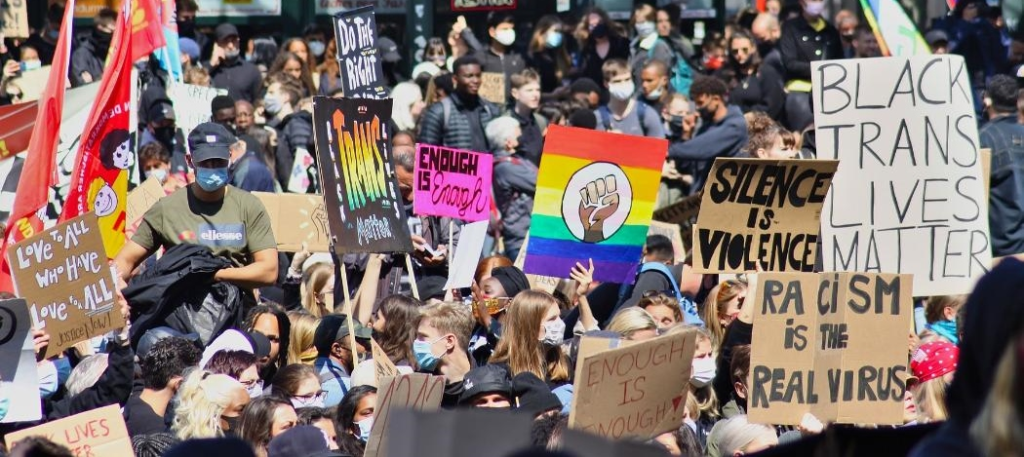Identity politics is politics based on a particular identity, such as race, nationality, religion, gender, sexual orientation, social background, caste, and social class.
Identity politics aims to reclaim greater self-determination and political freedom for marginalized people through understanding particular paradigms (a typical example or pattern of something) and lifestyle factors, and challenging externally-imposed characterisations and limitations.

Identity politics and the privilege lens has many good effects on society. For example, it has made students more sensitive and attuned to each other, and attuned to structural discrimination and bias issues. Students, teachers, and politicians who use the privilege lens are less likely to trade in generalisations and stereotypes of marginalised groups. Because of these lenses, many do a better job creating atmospheres that are inclusive to individuals of a wide range of identity groups that have been marginalised or excluded from important conversations.
However, Identity politics and the privilege lens are often used as weapons to de-legitimise views based on identity and privilege instead of ideas. Some of this is necessary to remind us that views develop in context but some of it is intended to rob people of a voice if you disagree with their perspective. For example, some people who are “straight, white, males” have voiced that their views are seen as less legitimate/ bigoted due to identity politics and the privilege lens, leaving to the majority of them remaining silent as to not be met with backlash.

Culture war is a conflict between groups, especially liberal and conservative groups, that have different cultural ideals, beliefs, or philosophies. There have been a number of conflicts about diversity in popular cultures occurring in the 2010s, such as the Gamergate controversy, Comicsgate and the Sad Puppies science fiction voting campaign.
Social media’s advancement in recent years has been a big factor in fomenting culture wars. Its highly advanced algorithm has demonstrated its ability to intensify people’s opinions. Researchers have been seeing a trend of increasing arguments over history, race, and gender because of this.
Researchers have differed about the scientific validity of the notion of culture war. Some claim it does not describe real behaviour, or that it describes only the behaviour of a small political elite. Others claim culture war is real and widespread, and even that it is fundamental to explaining Americans’ political behaviour and beliefs.
Immigration, race, alcohol, evolution, gender politics, and sexual morality all became major cultural battlefields during the 1920s. Wets battled drys, religious modernists battled religious fundamentalists, and urban ethnics battled the Ku Klux Klan.
Studies have shown that the rise of cultural groups is what leads to in-group bias, which is strongly correlated with polarisation. These cultural groups can form based on minor characteristics, but with time, populations develop associations between particular characteristics and particular behaviours, increasing covariation. Meaning that polarisation can bring people together but can also create prejudice between groups. Over the past couple of years, the public has seemed more inclined to feel prejudice towards those outside their social group and feel sympathy towards those who are in.
